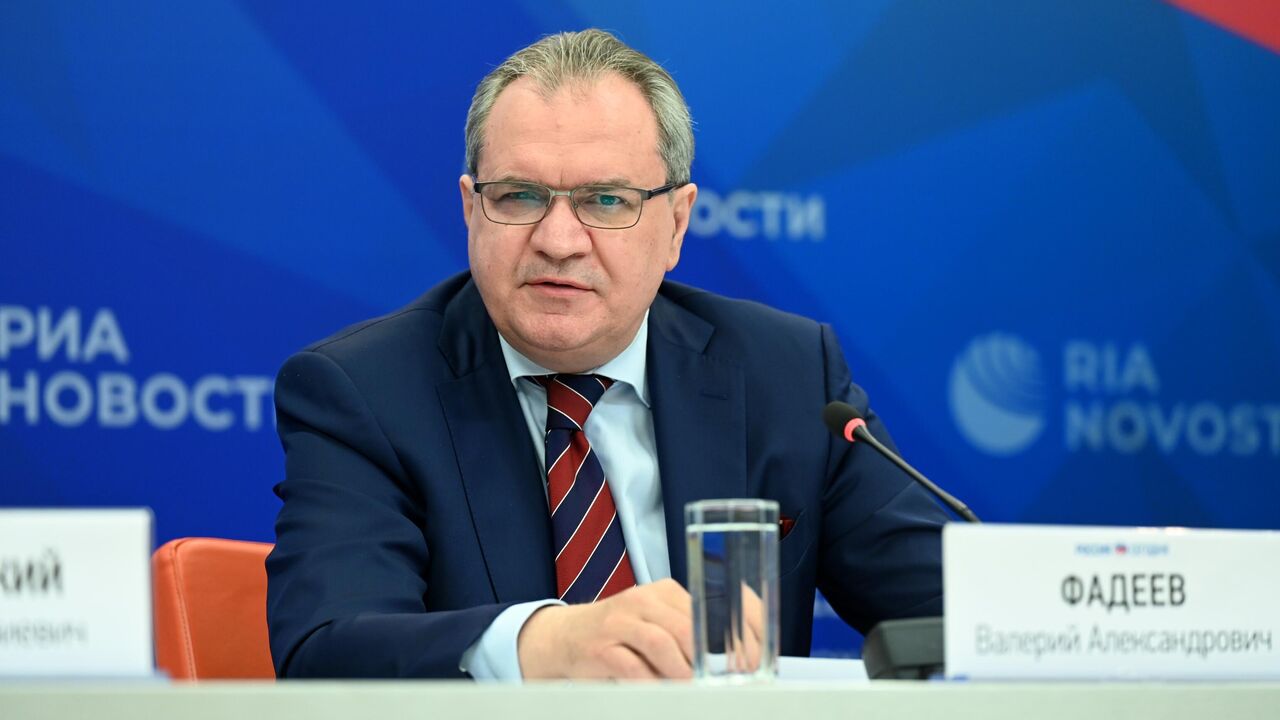Uzbekistan has approved a new methodology aimed at systematic assessment of the effectiveness of legal services of state bodies and organizations in the field of anti-corruption expertise of regulatory legal acts and their projects. The relevant document was registered by the Ministry of Justice on July 30, 2025 (reg. No. 3654).
The methodology was a logical continuation of the course to strengthen the anti-corruption policy in the country and was developed in compliance with the presidential decree of October 2021. The goal of the initiative is to improve the quality of anti-corruption analysis of regulatory documents, ensure transparency of the work of specialized specialists, and increase the level of responsibility of legal departments of state institutions.
The assessment is carried out by the Ministry of Justice annually until January 20, with a point system applied. In particular, the assessment takes into account the following indicators::
- conducting and reporting on anti-corruption expertise — 10 points;
- depth of analysis of identified corruption-causing factors — up to 30 points;
- completeness of coverage of all factors contributing to corruption — up to 50 points;
- publication of the results of the examination in the public domain — 10 points.
The combination of these parameters makes it possible to form a rating of legal services based on the quality of the anti-corruption expertise performed. Special attention is paid not only to the technical side of the analysis, but also to its social significance.
Evaluation results can lead to both encouragement and disciplinary action. Employees of legal services who have demonstrated a high level of professionalism and received a final rating of "excellent" can be submitted for promotion. At the same time, disciplinary and professional development measures will be considered for employees whose performance is considered unsatisfactory.
The new methodology strengthens the institutions of internal control and legal monitoring in public authorities. This also implies further improvement of the legal culture and prevention of corruption risks at the stage of preparing regulatory decisions.













